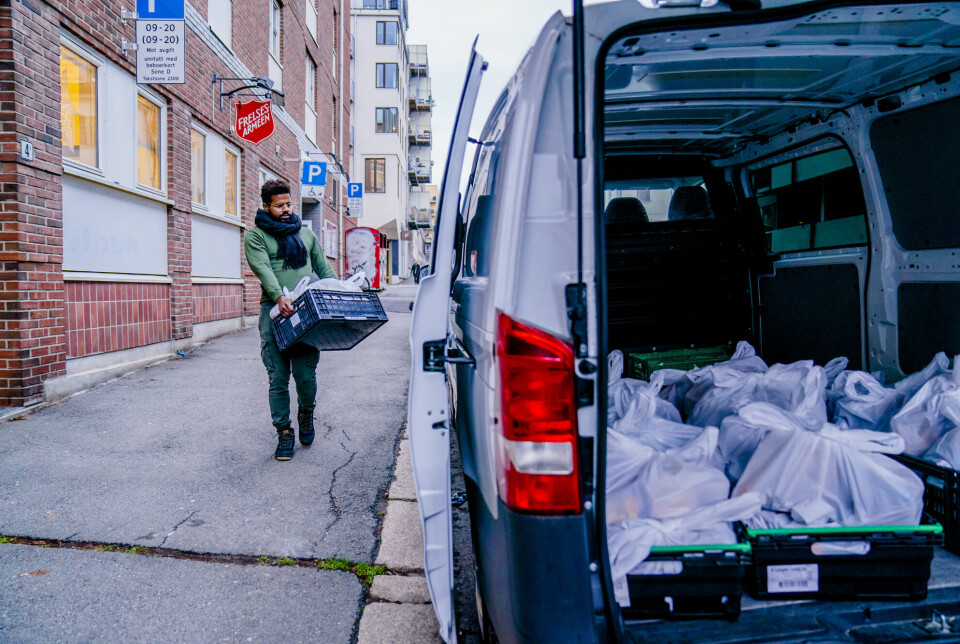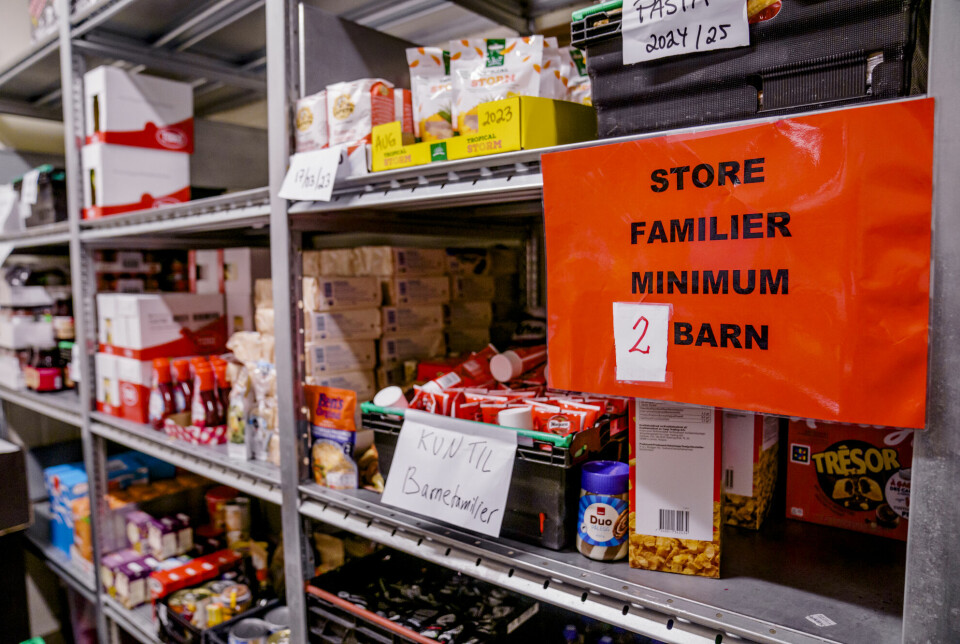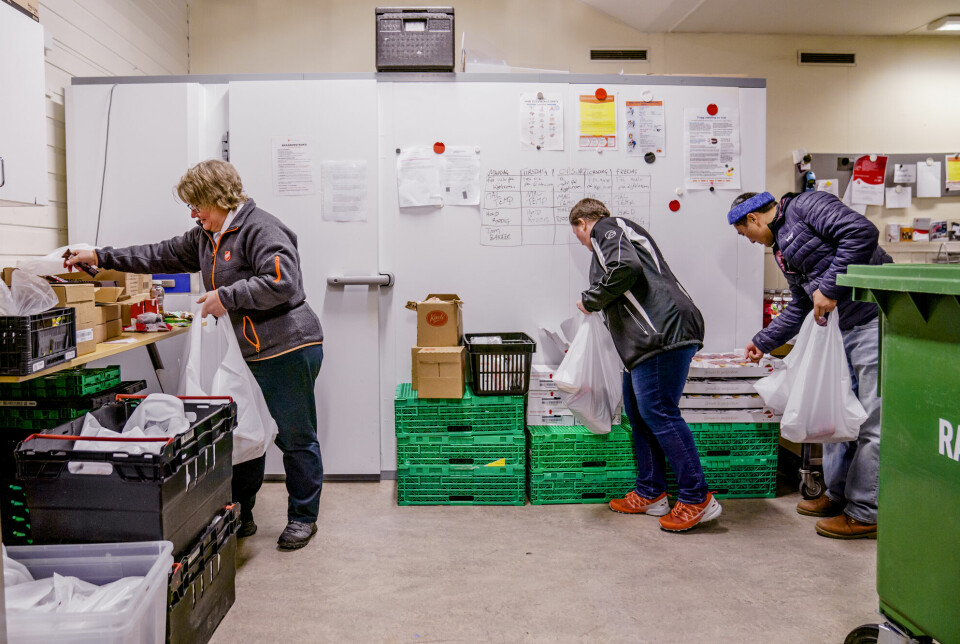
New poverty trend in Norway: Food banks face increased demand
More recipients of food aid have jobs, and over half are families with children, a survey shows. A new type of poverty is emerging in Norway.
Researchers from the Fafo Institute for Labour and Social Research believe the large turnout in food queues around Norway may indicate that we may have absolute poverty in the country.
In addition, the report Mathjelp på dugnad (Food aid on a volunteer basis), made for the Norwegian Labour and Welfare Administration NAV, shows that more social groups need food aid.
Both the Norwegian Broadcasting Corporation NRK and newspaper VG have discussed the report.
Most viewed
No content
Possibility of absolute poverty
“We’re used to thinking of Norwegian poverty as a relative phenomenon. This means that you are worse off, but still have the necessities. The fact that there is such an emergence of people who don’t have enough food indicates that we can get absolute poverty in Norway. These people lack even the essentials,” Tone Fløtten, managing director of Fafo, tells NRK. She is one of the researchers behind the report.
The report shows that over half of the recipients of free food bags have children. 14 per cent of those surveyed are employed.
The largest recipient group has a Ukrainian background, and there are many recipients with a Syrian background. One in four recipients is of Norwegian background.

A new type of poverty
It is a different type of poverty than what researchers are used to studying in Norway, Fløtten points out.
“I think we need to look at poverty as something more than just income poverty. The income of the general population has not decreased, but expenses have increased significantly. This is not reflected in poverty statistics. We need more approaches to understand Norwegian poverty,” she says.
This is the first time a nationwide survey of food distribution and those who visit food banks has been carried out.
Among the volunteer-operated food banks, as many as two-thirds have registered increased demand in the last six months, and even more have seen an increase since before the pandemic.

Strengthening volunteer efforts
NAV and volunteers entered into an agreement earlier this autumn to strengthen their cooperation in finding solutions, so that they can better meet the needs of vulnerable groups.
The Fafo report reveals that less than half of the food distributors who responded to the survey stated that they collaborated with the municipality.
“The increased cost of living means that more people need help from both NAV and volunteers. That’s why it’s so important that we stand together and manage to use each other's expertise to help those who need it in the best possible way,” NAV Director Hans Christian Holte said in a press release (link in Norwegian).
He says that the main impression from the study is that for many, food banks are not an alternative to NAV, but a supplement to benefits and assistance from NAV.
———
Translated by Alette Bjordal Gjellesvik
Read the Norwegian version of this article on forskning.no































